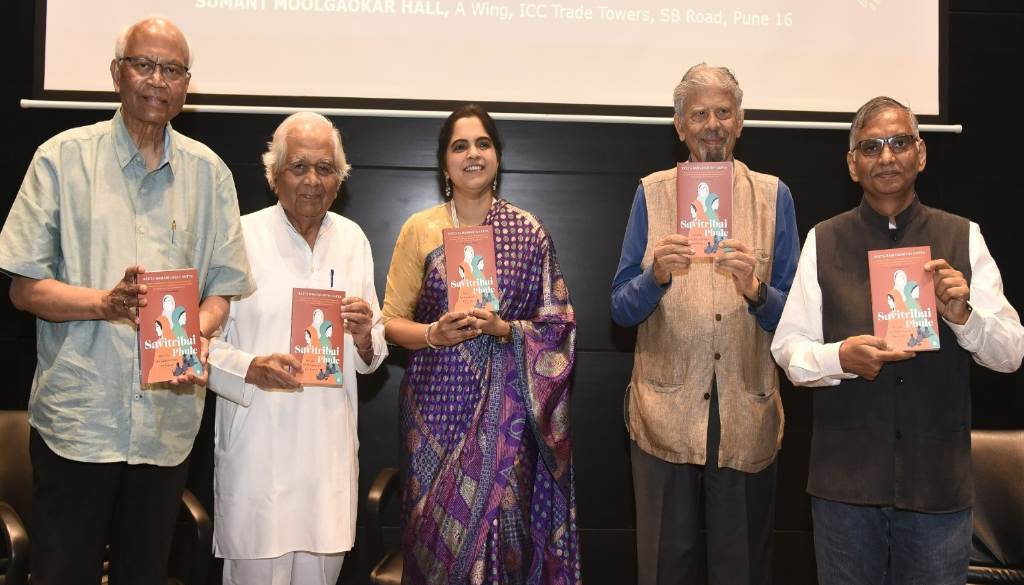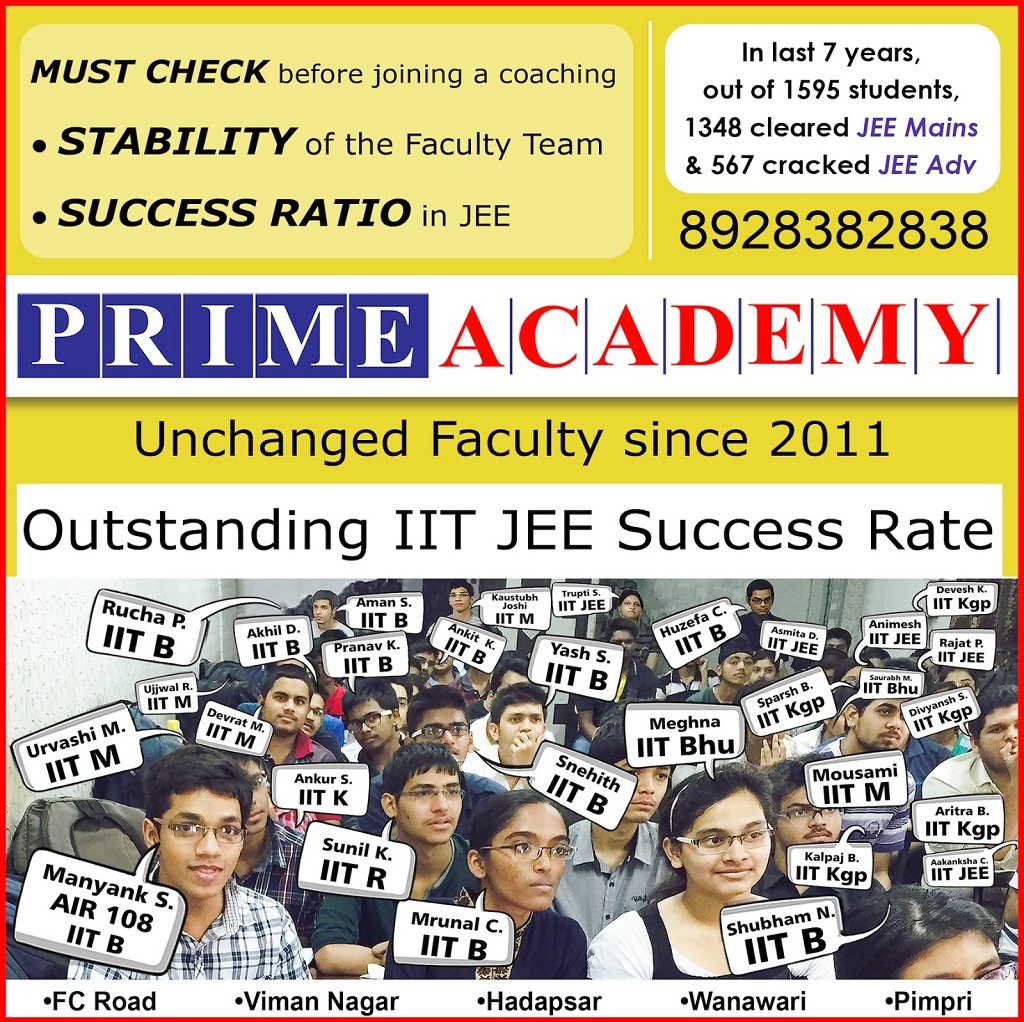Savitribai Phule: Her Life, Legacy, and Unveiling of a New Biography

Pune, 22nd August 2023: The biography, Savitribai Phule: Her Life, Her Relationships, Her Legacy, authored by Ms. Reeta Ramamurthy Gupta, was released at an event organised by Pune International Centre (PIC), along with Equal Opportunity Foundation, at the Sumant Moolgaokar Hall, Pune, on Saturday, August 19, 2023. Dr. Raghunath Mashelkar, President, PIC, and Dr. Vijay Kelkar, Vice-President, PIC, were present at the book release.
After Mr. Suresh Pingale, programme Chair, Trustee, PIC, and president of Equal Opportunity Foundation, observed in his opening remarks that the biography would help enlighten people outside Maharashtra about “the woman who started female education in India”, Mr. Abhay Vaidya, Director, PIC, engaged in an enlightening conversation with the author.
Starting the conversation, Mr. Abhay Vaidya highlighted the naming of Pune University as Savitribai Phule Pune University (SPPU) 117 years after Savitribai’s death; the transformative role of education; and Savitribai’s story as one of “social harmony at the grassroots”, where she was helped by Fatima Shaikh and Sagunabai Kshirsagar in her life and work.
On her inspiration to write the book, Ms. Reeta noted that biographies of women were the “missing link in the history of documentation”, that there were fewer biographies of women and even fewer biographies of women by women, and that she chose to write about the women because of whom she “can write”. She said the journey of penning the book started from a 1910 photo she had come across, in which one of the women was Savitribai, and that made her curious about who the other women were.
The author shed light on the role of Fatima Shaikh, Fatima’s brother, Usman, and Jyotiba Phule’s aunt Sagunabai in the Phules’ life and work, and shared interesting details of Savitribai meeting Fatima at school; their becoming friends and later going to study together under the American missionary Cynthia Farrar; the starting of India’s first girls’ school in Bhide Wada, Pune; and Savitribai becoming India’s first “non-missionary lady teacher”.
Noting that a confluence of things, and not just one thing or the main actors, made the revolution started by the Phules happen, she went on to explain the role of Sagunabai in the Phule couple’s life; how a widowed Sagunabai was taken under their care by a missionary couple, where she got access to books of English literature, such as Thomas Paine’s Rights of Man and about the American freedom struggle; and how the books influenced her and, in turn, Jyotiba, who was under her care after the latter’s mother’s death. She said Paine’s simple idea that all people are equal and one does not need an intermediary to reach god would have made Jyotiba and Savitribai wonder about the rituals the Brahmins were talking about.
Pointing out that India got freedom in less than a hundred years from the setting up of India’s first girl’s school by the Phules in 1848, she said Savitribai’s work was not limited to education, as, by making people think, she helped seed the idea of nationhood, and made people think in terms of democracy, equal rights, and to congregate, plan, assess and fight for freedom, justice and liberty.
Ms. Reeta observed that more about Fatima and her brother, Usman, needed to come into the limelight apart from the fact of their giving shelter to the Phule couple, and went on to share interesting and little-known aspects about their lives from the book. Reading from her biography, she gave a vivid and graphic narration of the times the story of Savitribai is set, the horrors of the caste system, and the plight of women, especially widows.
However, she noted not all Brahmins were “myopic” and that there were many Brahmins who supported the Phules in their work.
Answering audience questions, the author talked about Mukta Salve, a dalit girl and student of Savitri and Fatima; the Bal Hatya Pratibandhak Griha started by the Phules to fight female infanticide; about the choice of colours on the book’s cover; how the book would connect with youngsters; what Savitribai would have done in the today’s scenario; gender equality; and the interesting reactions to her book.
Join Punekar News Whatsapp Group, Telegram, Instagram And Twitter For Regular Update about Pune City And Pimpri-Chinchwad






